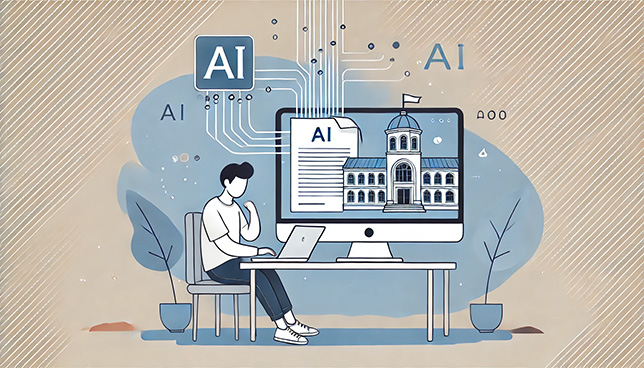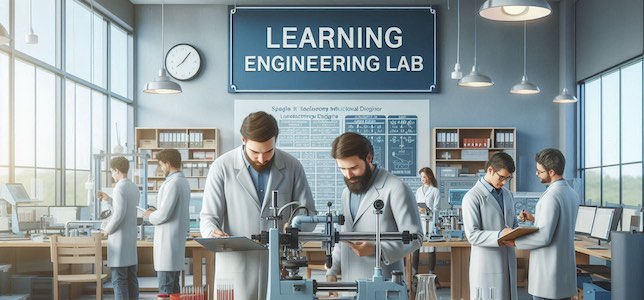
The United States Department of Education recently released a new guide that seeks to inform ed tech developers as they create AI products and services for use in education. We spoke with Kevin Johnstun, education program specialist in ED's Office of Educational Technology, about the ins and outs of the report and what it means for education institutions.

Online students are likely to have certain gaps in their education. Here are five skills they’ll need to fill them.

Technology holds the potential to revolutionize the financial aid process, ultimately bolstering student support — and success.

Many questions remain around the role of artificial intelligence in admissions as schools navigate the balance between innovation and integrity.

The proliferation of technology in education means we have more data about how, what and if students are learning than ever before. The question is, how do we ensure that data gets into the hands of the people who can use it to improve teaching and learning, without invading a student or educator's privacy?

Learning engineering combines theories from the learning sciences with problem-solving approaches from engineering, to create a process that can transform research results into learning action. Here, Ellen Wagner guides an exploration of this transformational process.

The promise of digital credentials has had many people in education and employers excited for years. So why aren’t digital credentials everywhere by now?

Miami Dade College recently announced the launch of a new bachelor's degree in applied artificial intelligence — the first such degree in the state of Florida and one of the first in the country. At the heart of MDC's approach is the conviction that education in artificial intelligence is for everyone — people at all levels need understand how to apply AI in their lives and careers.

Sometimes we feel right at home with AI; sometimes it seems like an alien world. Here, Mark Frydenberg shares some practical advice to help educators find familiar ground as they guide their institutions through AI's disruptive technology changes.

Touro University has embarked on a system-wide initiative to incorporate artificial intelligence into all of its programs — not only in teaching and learning, but also across research, operations, and policy. We spoke with Dr. Shlomo Argamon, Touro's recently appointed associate provost for AI, about his role, the importance of AI in higher education, how to prepare students for the new world of AI in the workforce, and more.